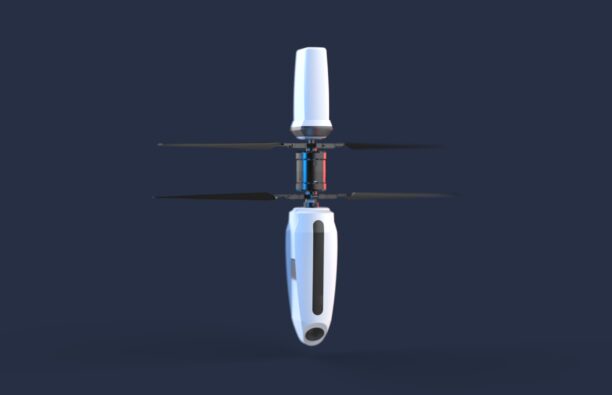
Image: Mattias Inghe
The Intel NUC family of tiny mini PCs was ahead of its time in many ways—and Asus apparently agreed, given that the company took the brand off Intel’s hands in 2023. The new ROG NUC series under Asus’ gaming brand is kind of a replacement for Intel’s gaming-focused NUC Extreme, albeit without the discrete graphics option. And funny enough, the newest Asus NUC has a surprise inside: an AMD processor.
We heard from Asus back at CES 2025 that the company was looking to expand its NUC (“Next Unit of Computing,” if you’re wondering) offerings with AMD options. The ROG NUC 2025 (also known as the ROG Magic 9 Mini) has already been available for a while, but a new variant is coming with a familiar processor: the Ryzen 9 9955HX3D. This is technically a laptop chip, like all NUC machines and most mini PCs use, but it’s also a phenomenally powerful one, hanging out in some of the most powerful workstation laptops and mini PCs.
And yes, it’s a little strange to see a device with the “NUC” branding with an AMD processor. It reminds me of the first time I saw a Sonic the Hedgehog game on a Nintendo console. (If you’re reading this and your birth year starts with “2”, that was a big deal back in the day, I promise.)
This new AMD-powered ROG NUC appears to be a China-only release at the moment, according to VideoCardz. It’s paired to an Nvidia RTX 5070 GPU (the laptop version to fit in the tiny dimensions of the NUC case), 16GB of memory (DDR5-5600, slightly slower than other models) and a 1TB SSD. At launch it costs 15,000 yuan (approximately $2,100 USD).
Whether we’ll see this come to other countries isn’t known at the moment—there’s a lot of talk about “economic climate” whenever anyone asks about availability or prices, including Asus, when I talked to representatives last week. “Economic climate” is corporate speak for Trump tariffs, by the way.
Author: Michael Crider, Staff Writer, PCWorld

Michael is a 10-year veteran of technology journalism, covering everything from Apple to ZTE. On PCWorld he's the resident keyboard nut, always using a new one for a review and building a new mechanical board or expanding his desktop "battlestation" in his off hours. Michael's previous bylines include Android Police, Digital Trends, Wired, Lifehacker, and How-To Geek, and he's covered events like CES and Mobile World Congress live. Michael lives in Pennsylvania where he's always looking forward to his next kayaking trip.

.jpeg)
































 English (US) ·
English (US) ·